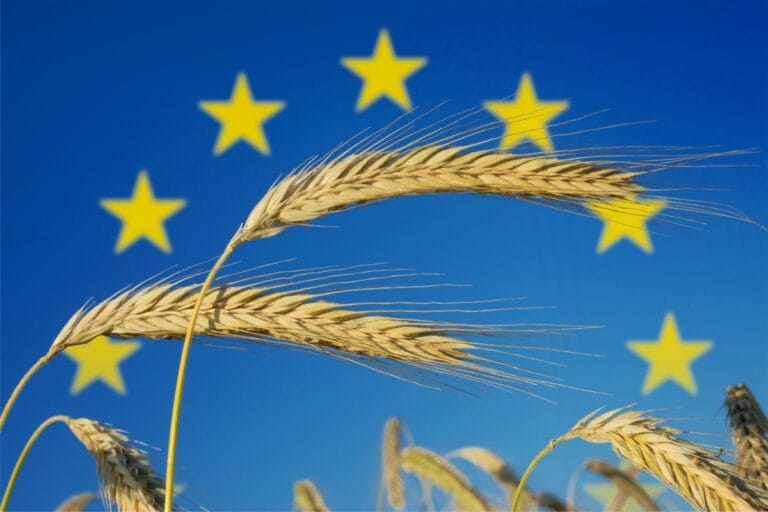The latest report from the European Commission on agricultural prospects for 2024-2035 highlights the adaptability of European agriculture in the face of crucial challenges such as climate change, sustainability requirements, and shifts in consumer preferences. Although the European Union remains a key player in global food security, its agricultural sector is undergoing major transformations.
### Key Trends and Forecasts
Projections indicate a decrease in total meat production, particularly beef and pork, in favor of plant-based proteins. Poultry and legumes are seeing an increase in production, while cereal production stabilizes. Dairy production remains constant, with growing interest in enriched or functional products.
These trends reflect a stable macroeconomic environment, where GDP growth is expected to be maintained and inflation returns to around 2%. Consumers are adopting eating habits that prioritize sustainability and health, thereby influencing agricultural sectors.
### Crops and Diversification
European agricultural land is gradually shifting towards more diversified crops, such as soybeans, other oilseeds, and legumes, in response to declining demand for cereals for animal feed and biofuels.
Technologies like precision agriculture, combined with practices that improve soil health, are expected to partially offset climate challenges by increasing yields of cereals and oilseeds. However, certain productions, such as sugar, are expected to decline, reflecting changes in dietary habits.
In other sectors, adjustments are also anticipated. Olive oil production is expected to grow slightly, despite a decrease in consumption in major producing countries. The wine sector anticipates a reduction in volumes due to new consumption habits among younger generations. As for fruits and vegetables, although they face major challenges (high energy costs, restrictions on pesticides, extreme weather events), their consumption is expected to rise due to increased awareness of healthy eating.
### Environment and Sustainability
The transition to more sustainable agriculture is resulting in a decrease in greenhouse gas emissions, ammonia, and nitrogen surpluses. These advancements are driven by the optimization of inputs and yields, which enhance resilience to external shocks, particularly in supply chains.
Despite these progress, the report highlights uncertainties related to climate, geopolitical, and global economic risks. It will serve as a reference to guide the orientations of the Common Agricultural Policy (CAP) and support the transition to more sustainable practices, in line with the expectations of domestic and international markets.
This overall picture reveals a sector in transformation, firmly committed to addressing contemporary challenges and preparing for a more resilient agricultural future.


